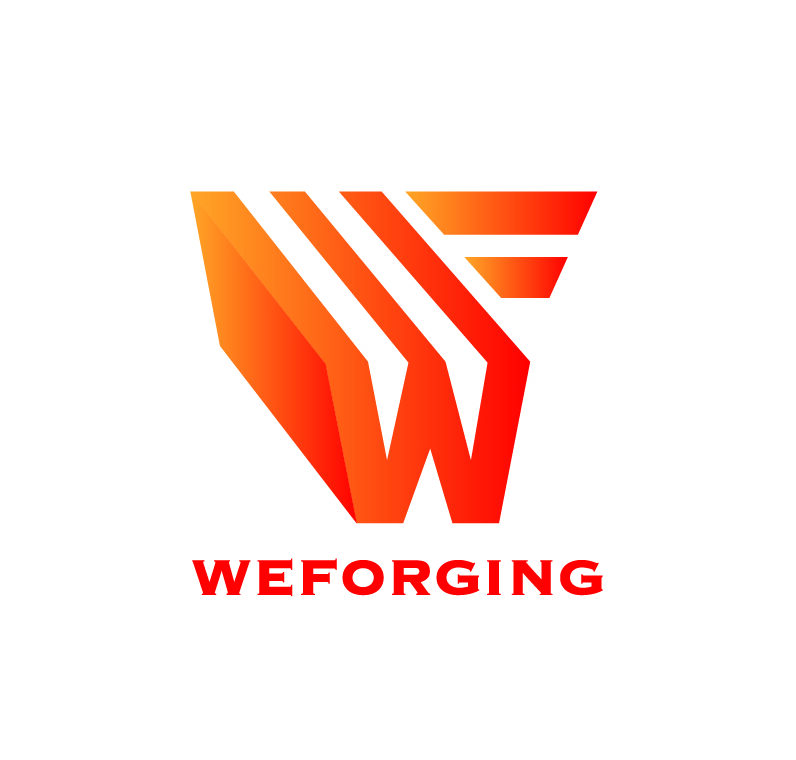What Are Fasteners?
Fasteners are essential mechanical components that connect two or more parts in a secure and efficient way. They are widely used in automotive systems, industrial machinery, construction equipment, electronics, and many other engineering applications. Despite their small size, fasteners contribute significantly to structural stability, assembly performance, and overall product quality. Understanding different fastener types, materials, and strength grades enables engineers and buyers to choose the most suitable components for their specific requirements.
Definition – What Are Fasteners?
Fasteners are mechanical components used to join two or more parts securely in a wide range of structures and machines. They create reliable connections through threaded engagement, clamping force, or mechanical locking designs. Common fasteners include bolts, nuts, screws, washers, and pins. As essential elements in automotive, industrial, construction, and equipment manufacturing, they ensure structural integrity, assembly accuracy, and long-term performance in demanding applications.

Common Types of Fasteners
Bolts and Screws
Bolts and screws are widely used fasteners designed to create strong and convenient detachable connections. They come in a variety of head styles, thread forms, and strength grades, allowing them to perform effectively in structural assemblies, mechanical systems, and precision equipment. Their versatility and ease of installation make them essential components across many engineering applications.
Nuts
Nuts are paired with bolts or threaded rods to secure components under tension or vibration. Heavy-duty nuts, lock nuts, flange nuts, and customized high-strength nuts are widely used in machinery, mining, and automotive applications.
Washers and Spacers
Washers distribute loads, prevent surface damage, and improve joint reliability. Special designs such as wedge-locking washers enhance anti-loosening performance under dynamic loads.
Pins and Retainers
Pins, dowels, and retaining rings ensure accurate alignment and secure axial positioning in assemblies.
Materials and Strength Grades
Fasteners are produced in a range of materials, including carbon steel, alloy steel, stainless steel, aluminum, brass, and various specialty alloys. Their strength levels are classified through standards such as ISO, ASTM, and SAE, ensuring consistent performance across different applications. High-strength grades such as 8.8, 10.9, and 12.9 are commonly selected for demanding machinery and structural assemblies, while stainless steel fasteners offer reliable corrosion resistance for environments requiring long-term durability.
How Fasteners Are Manufactured
Cold Forging (Cold Forming)
Cold forging is widely used for mass-produced fasteners such as bolts, nuts, and sleeves. It offers excellent dimensional accuracy, high material utilization, and superior mechanical strength due to refined grain flow.
Hot Forging
Larger or high-strength fasteners may require hot forging to achieve proper shaping and deformation. Hot forging is ideal for alloy steel components exposed to extreme loads.
CNC Machining and Finishing
Threads, precision surfaces, and custom geometries are achieved through CNC turning and milling. This step ensures strict tolerances and assembly reliability.
Advantages of Choosing the Right Fasteners
– Safety & Reliability – Prevents catastrophic failures in construction and machinery.
– Cost Efficiency – Durable fasteners reduce replacement frequency and downtime.
– Performance – High-precision components improve efficiency in automotive and aerospace systems.
– Customization – Engineered solutions adapt to unique load and environmental requirements.
How to Choose the Right Fastener
Key factors include:
Required load performance and appropriate strength grade
Suitable material selection and desired corrosion protection
Operating temperature and surrounding environment
Stability under dynamic conditions and preferred locking method
Available assembly space and the chosen installation approach
Conclusion
Fasteners may appear simple, but selecting the right type, material, and manufacturing process is vital for ensuring system reliability and long-term performance. Weforging provides custom-engineered fasteners through forging, machining, and precision finishing.
If you need support for a new project, our engineering team is ready to assist.


